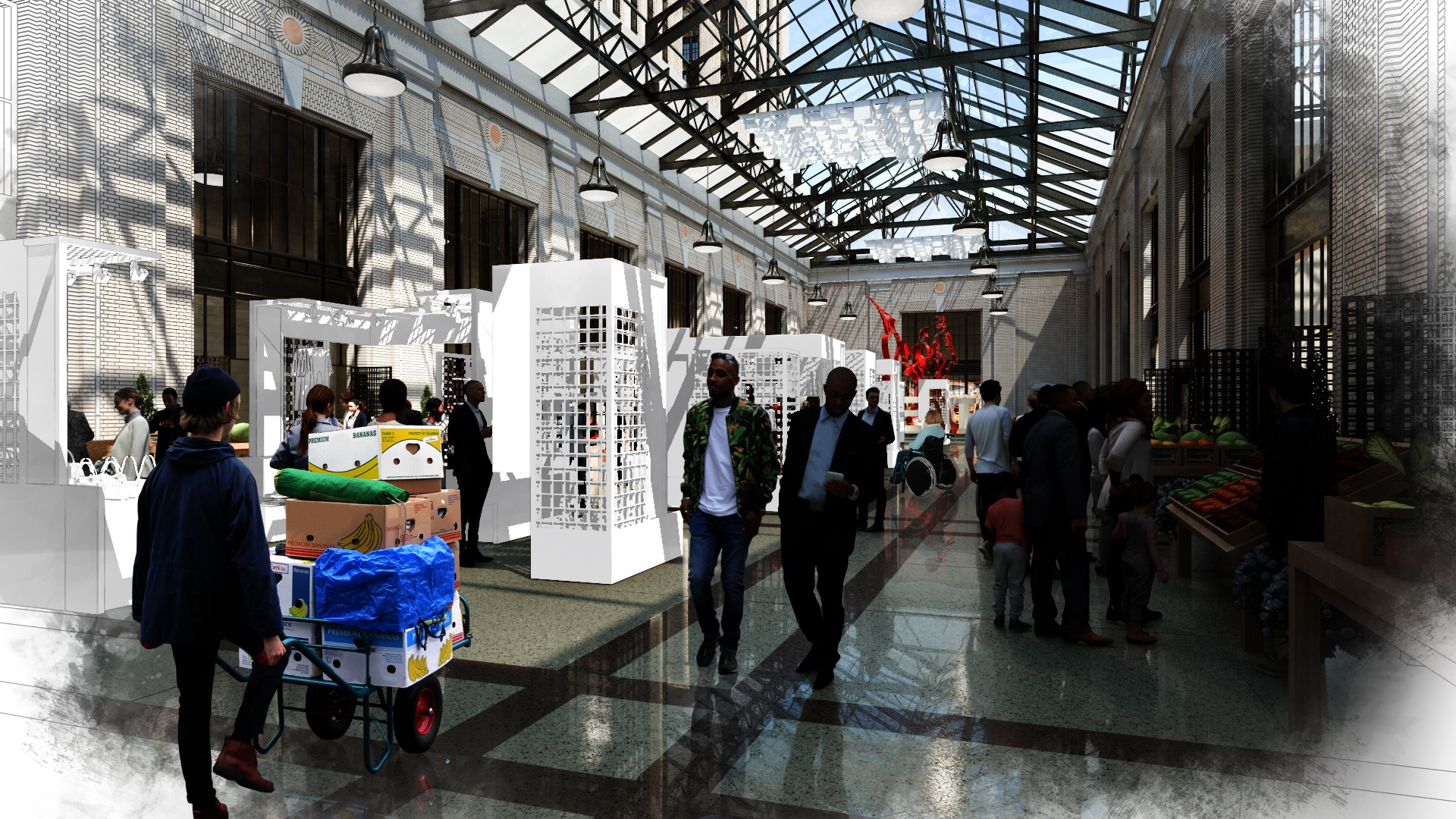Future self-driving cars and associated engineering will have a home inside Ford Autonomous Vehicles LLC. The Dearborn, Michigan-based automaker announced the new organization on Tuesday with the intent to accelerate its self-driving car business.
Ford AV will be tasked with handling numerous segments of the self-driving car industry. They include system integration, research and engineering, transportation-as-a-service network development, user experience, business strategy, and business development teams.
The new entity will be based at Ford's Corktown campus, located with the decaying Michigan Central Station Ford purchased earlier this year to house its self-driving and electric car teams. Ford AV will also control the automaker's stake in Argo AI, its Pittsburgh-based self-driving car partner.
The automaker has shuffled its leadership to fill out Ford AV's company roles, too. Sherif Marakby, currently Ford vice president of autonomous vehicles and electrification, will be appointed CEO of Ford AV and report directly to the company's board of directors chaired by March Klevorn, Ford’s executive vice president and president of mobility. Ted Cannis, global director of electrification, will now lead Ford's Team Edison electric car team and succeed Marakby. The entire team will still report to Jim Farley, executive vice president and president of global markets at Ford.
Ford AV's establishment coincides with changes in Ford's global operations and information technology systems. In addition, Hau Thai-Tang, Ford executive vice president of product development and purchasing, will now report directly to Ford CEO Jim Hackett. The CEO said the move ensures product development has a stronger voice as the automaker leverages self-driving car technologies and engineers electric cars.
Thai-Tang will oversee a move to flexible platforms with more shared components across multiple vehicles. The automaker plans to utilize just five platforms in the future: body-on-frame, front-wheel-drive unibody, rear-wheel-drive unibody, commercial van unibody, and battery-electric. Each platform will have an associated "family" to address specific powertrain needs that will help engineer 70 percent of a vehicle with the approach. The other 30 percent will be customized to a particular vehicle, including grilles, hoods, doors, and more.
By 2020, Ford said its vehicle portfolio will be freshest among full-line automakers; showroom age will drop from 5.7 years on average to 3.3 years. All of the organizational changes will take effect on August 1.



